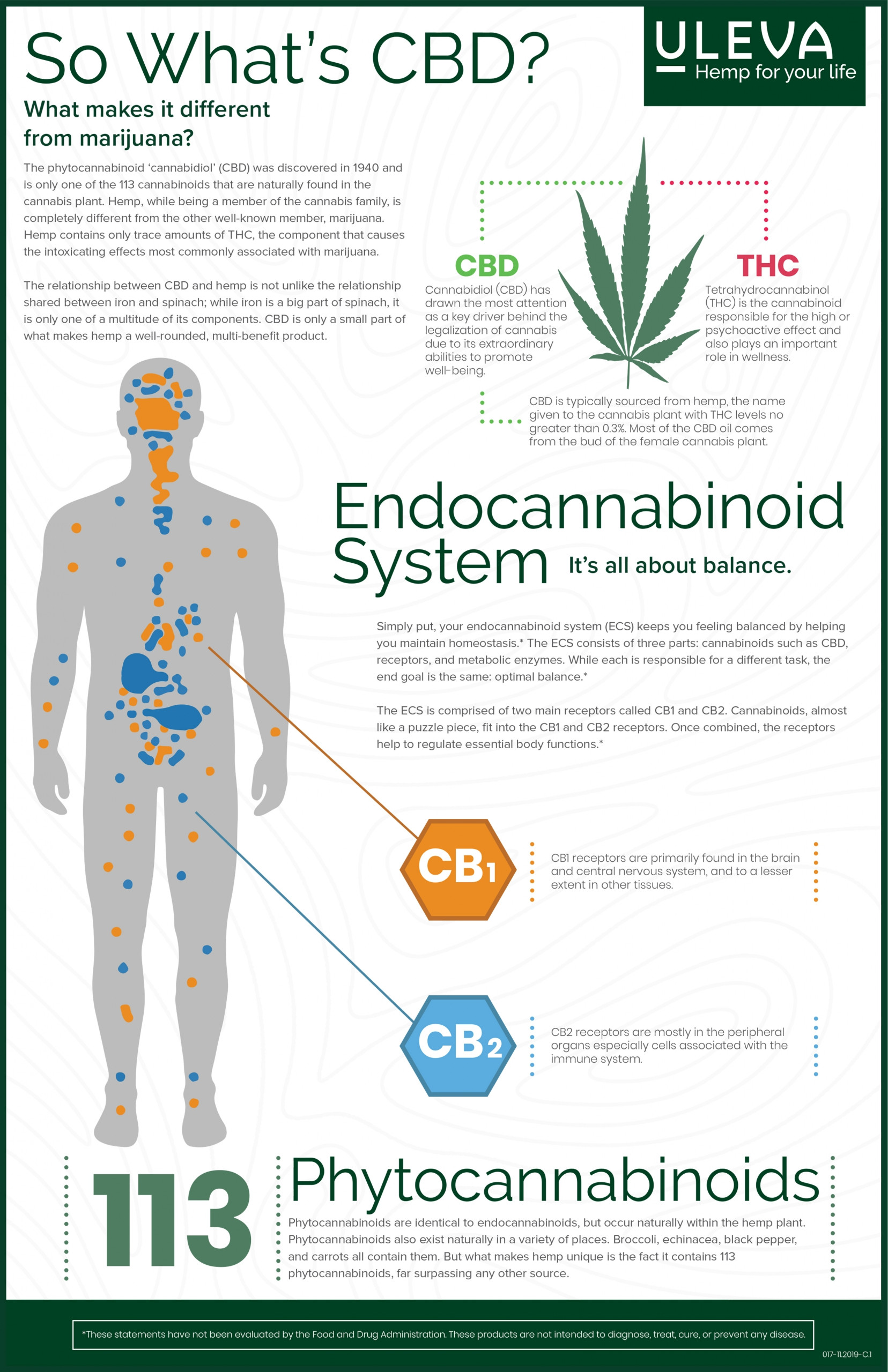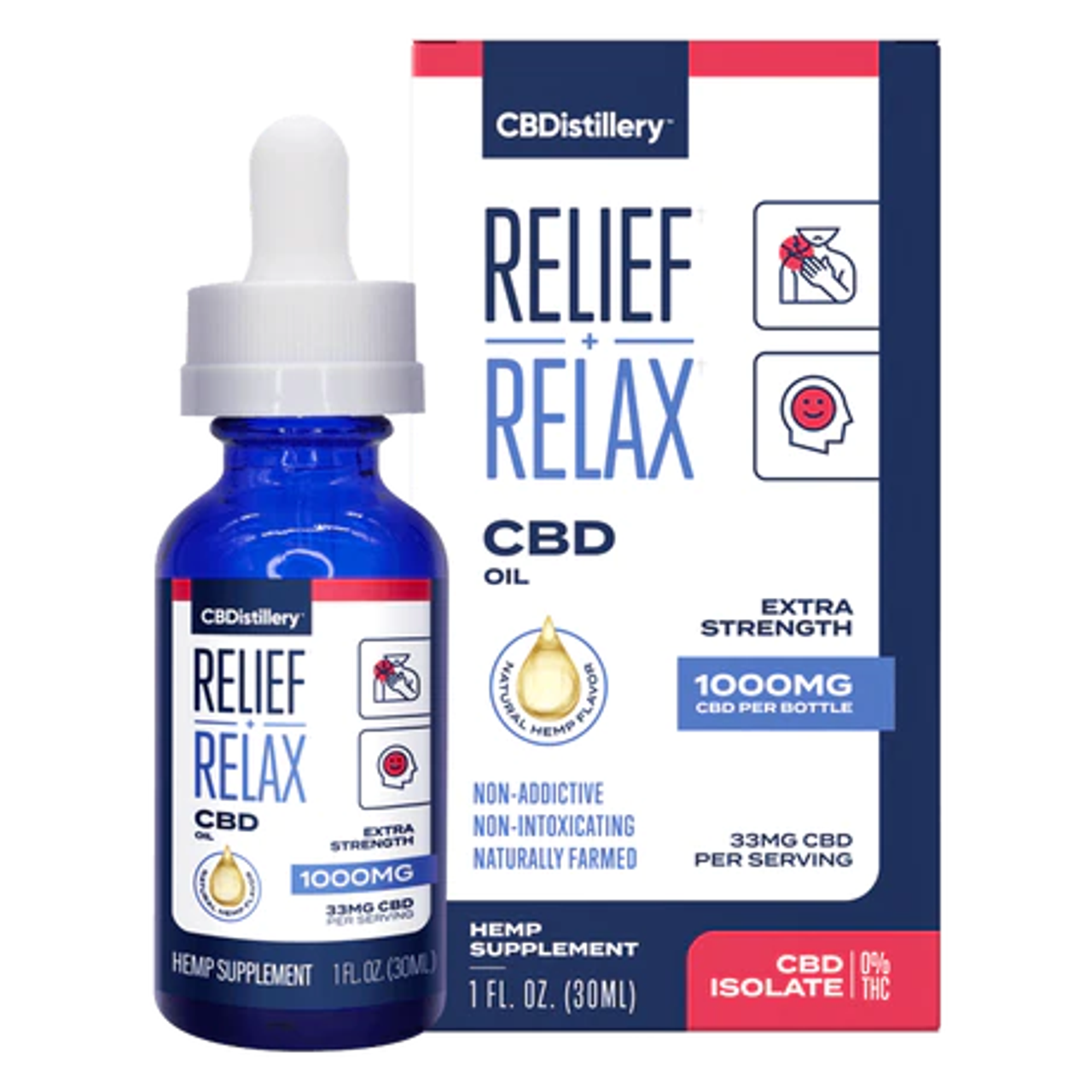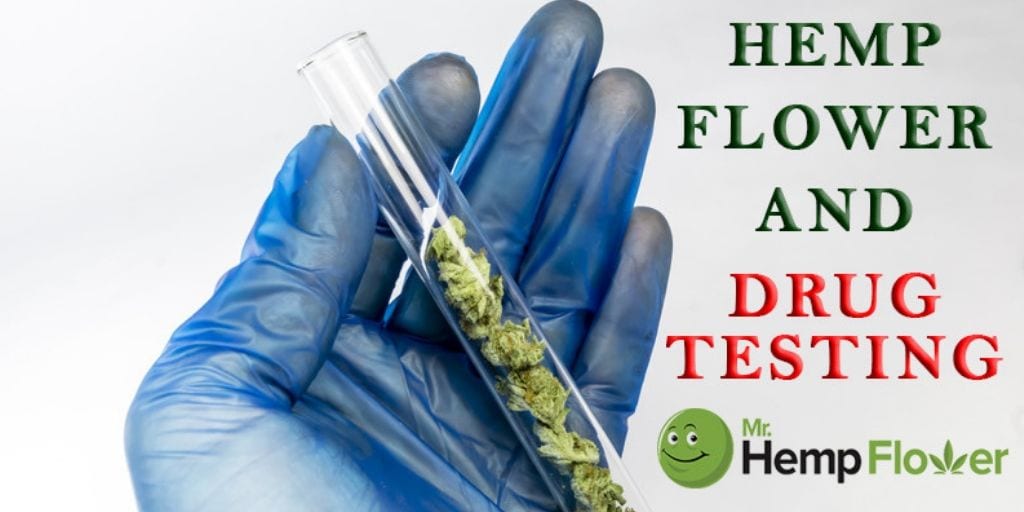
Broad spectrum vs. full spectrum: Which is the best? Both contain the same amount of THC, but each can give you a different set of benefits. To help you choose the best CBD product for you, it is essential to know the differences.
It might seem like the logical choice to select a full spectrum product. But that's not always the case. Employers and other businesses might not allow hemp-derived products to be used in their workplaces. There are stricter regulations in some states regarding cannabis use than others. In such situations, it may be wise to avoid a full-spectrum product and go with a more streamlined distillate. The best way to do this is to ask your local dispensary or retailer.
You can also choose between a full-spectrum or a distillate containing bioactives. While distillate may help you get the most out of the CBD you buy, it is more expensive.

Although a distillate may advertise full spectrum, it will most likely contain THC. You can get a distillate that contains terpenes. Adding a few terpenes to a distillate may give you a better effect than using a CBD isolate, which has only THC.
Some people prefer a distillate over a full-spectrum product, but you won't get the entourage effect of a full-spectrum product. A full-spectrum product may contain cannabinoids that could have psychoactive effects. If you want to avoid positive drug tests, a distillate may be a good option. However, if you want the best effect, a full spectrum extract might be the best choice.
Another advantage of a full-spectrum extract is that it may contain the most effective cannabinoid. Full-spectrum cannabinoids, unlike CBD isolate, are more complex and will likely provide the entourage effect as well as many other health benefits. They also have the advantage of being more affordable and less regulated, so you won't have to worry about running afoul of the law.
It's crucial to understand the differences between the various types of CBD products and what they offer. You don't want to buy the wrong type, because you could end up wasting your money. It's difficult to determine which type of product is best for your needs with so many choices.

It is important to carefully read labels when you choose a CBD product. This will give you an idea of the product you are purchasing. Many times, the label will contain a little bit of information about the benefits of each type. Consider your lifestyle, your needs, and other factors. It doesn't matter what type of product you choose; the important thing is to find something you are able to use and benefit from.
FAQ
What are some common blunders that companies make when they venture into the US cannabinoid markets?
The first mistake is not understanding what the regulations are for cannabis products. This could cause you to have to modify the formulation of your product.
A second error is not properly labeling your product. It is important to determine if your product contains CBD or THC.
The third thing you need to do is understand how to package your product properly. If your product contains THC, you need to ensure it is packed in child-resistant containers.
If your product is not containing THC, then it's important to follow all packaging regulations. There are many states that cannabidiol or CBD is legal.
Remember to keep track of any recalls for your products. It is important to inform customers as soon as possible if there is an issue with your product.
Is CBD's market saturated?
The CBD industry is experiencing a growth rate of over 25% annually. This growth rate is expected to continue at least for five more years. According to industry projections, it will grow from $2 billion to $5 billion by 2020.
Two companies currently dominate the CBD market - GW Pharmaceuticals & Canndoc Ltd. Both companies are focused in developing pharmaceutical-grade products. They have not been very effective so far. They are both struggling to gain traction in the marketplace.
Cannabidiol (CBD), an extract from cannabis, contains less than 0.3% THC. It does not produce any psychoactive effects. It is used as a treatment for epilepsy and other medical conditions. It is also used to supplement a diet.
There are many types of CBD products. Some CBD products are made from whole plant extracts while others contain CBD.
All of these products share one thing: They contain low levels THC.
These products are legal under US federal law. You will still need to follow local laws if you are selling CBD products. It is important to check the regulations in your state for CBD products.
Some states also make CBD products illegal. These are California, Colorado. Florida. Mississippi. Missouri. New York. North Carolina. Ohio. Oklahoma. Oregon. Rhode Island. South Dakota. Texas. Utah. Virginia. Washington.
CBD products shouldn't be used if you live in any of these states.
Which countries have the best quality CBD?
The United States is the largest producer of CBD products.
However, CBD products can also be made in Canada, Australia, New Zealand and Israel.
Where can you buy CBD products
CBD can be bought online or at your local retailer. Online retailers often offer better deals. Many websites offer CBD products that are made from industrial hemp. This product contains less than 0.3% THC.
Look for local businesses that sell CBD products.
Many states now have laws allowing consumers to buy CBD products without a prescription. You may be able buy CBD products from your local pharmacy if you are a resident of one of these states.
CBD products could even be delivered to your home.
Does CBD help with anxiety?
CBD oil works well to reduce anxiety. This is because it interacts directly with CB1 or CB2 brain receptors. The endocannabinoid process regulates stress responses and mood.
CB1 receptor is activated when our bodies feel anxious. This receptor triggers the amygdala and is responsible to emotional processing.
If the CB1 receptor becomes blocked, the brain doesn't get the signal to express emotions. CBD users experience less negative emotions.
2017 study found that CBD helps reduce anxiety in social phobia patients. Another study found that CBD reduced symptoms of PTSD.
An 2018 review found that CBD is anxiolytic and can help with generalized anxiety disorder.
Another study indicated that CBD might help reduce panic attacks.
However, several studies have shown that CBD actually increases anxiety levels in mice.
The difference in results between animals and humans could be explained by differences in the way that CBD is metabolized in different species.
There are no long-term safety studies available for CBD. But, experts are unanimous in their belief that CBD is safe when used according to directions.
What conditions can CBD treat?
Any treatment must have an impact on the patient's condition. A doctor must give a prescription for cannabis oil to be used in medicine. Without a prescription from a physician, it is illegal for you to use cannabis products.
If you are taking cannabis oil as part of a healthy lifestyle, then there is no need to worry about getting a prescription. However, you may want to talk to your doctor first just to make sure they agree that it would be safe for you to take it.
Cannabis oils are made from either whole plant extracts or isolated compounds called cannabinoids (THC and CBN). There are many types of cannabinoids in cannabis oils, including cannabidiol and tetrahydrocannabinol.
These components interact to receptors throughout your body to create effects like pain relief, stress decrease, and anti-inflammatory as well as antioxidant properties.
How can CBD products sold in a legally compliant manner by companies?
The FDA does NOT regulate hemp as an agriculture commodity. The Controlled Substances Act governs all other cannabis derivatives, such as marijuana. CBD has yet to be subject to specific regulations.
CBD is legal at the state level in 29 states, but federal law still considers it illegal. This uncertainty is a problem for CBD-product sellers.
The FDA also sets strict guidelines about how CBD products are promoted. For example, they must clearly disclose any product's THC content. Without scientific evidence supporting this claim, CBD cannot be used to treat certain medical conditions.
Further, the FDA requires that manufacturers provide information on manufacturing practices and quality controls. Companies are also required to participate in clinical trials in order to demonstrate safety and efficacy.
These factors are crucial for companies to consider when developing their marketing strategies.
Statistics
- While the primary injury may not be treatable, interventions that attenuate secondary sequelae are likely to be of benefit [203].Only one study (ncbi.nlm.nih.gov)
- CBD seems unlikely to directly influence sleep in healthy humans [115] (and maybe “sleep-promoting” in those with certain comorbid conditions) (ncbi.nlm.nih.gov)
- OralWhere HED is the human equivalent dose, and Km is a correction factor estimated by dividing the average body mass (BM) of the species (60, 0.020, and 0.150 kg for 11 humans, mice, and rats, respectively) and by its surface area (see: Nair et al. (ncbi.nlm.nih.gov)
- As a substance that was federally illegal before the passage of the 2018 Farm Bill, hemp-derived cannabinoids with no more than 0.3% THC still face a regulatory grey area. (forbes.com)
- The use of these products is likely to become even more widespread if the World Health Organization's recommendation that CBD no longer is scheduled in the international drug control conventions is adopted by the United Nations member states [201]. (ncbi.nlm.nih.gov)
External Links
How To
How to get certified for selling CBD products
One of many cannabinoids found within cannabis plants is CBD (cannabidiol). It has been used medicinally since ancient times, including in traditional China, India, and many South American nations. Due to its ability treat conditions like anxiety and pain, epilepsy, inflammation, and other ailments, it has become increasingly popular. If you're looking to sell CBD products, however, there isn't an official certification program. At least not in the U.S.
There are two ways to go about this. The first option is to join a canna business association. By joining a local association of canna-business owners, you will be able to learn from others and receive support and advice. There are many organizations in the United States. You can also go online and start your own business. Online canna-businesses are now allowed in most states. You can create your own website and start taking orders immediately if you are allowed to do so. However, you must still register with your state's Department of Public Health. After you have registered, you can apply for a license from your state's Department of Public Health. Once you have received your license you are officially authorized to open your store, accept orders, and close it.